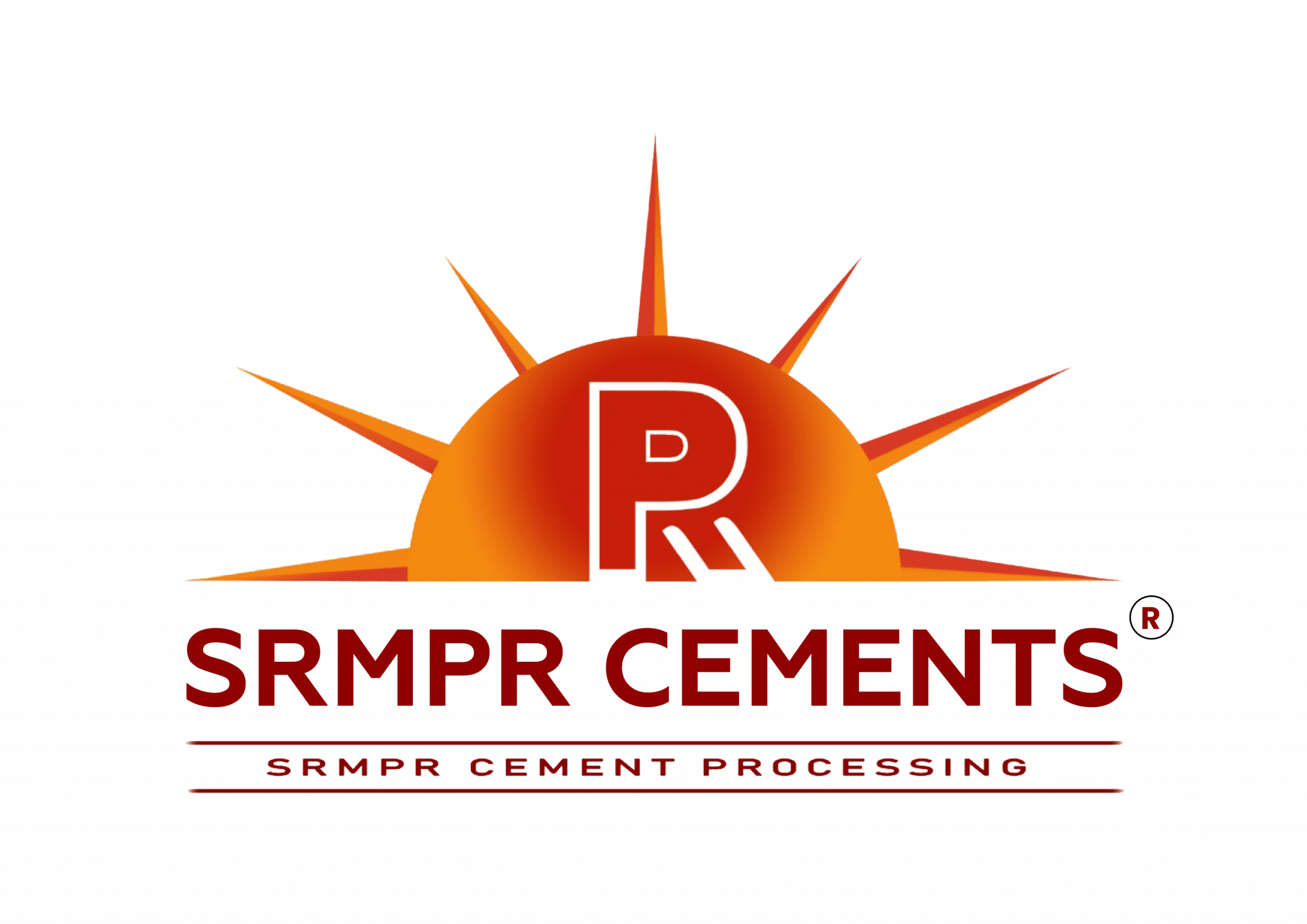Admixture refers to incorporating additional materials into concrete, alongside traditional ingredients like aggregates, water, cement, and sand, to enhance certain properties in either its fresh or hardened state. These properties often include setting times, workability, air entrainment, dispersion, and hydration rate.
For top-notch concrete admixtures, consider SRMPR cements. Renowned for promptly delivering premium industrial raw materials, we cater to both local and international clients with a commitment to quality.
What are admixtures in concrete?
Admixtures in concrete refer to additives incorporated before or during mixing to alter the properties of the concrete in its plastic or hardened state. These components, often water-soluble chlorides and sulfates, can impact the concrete’s durability over time.
Chlorides pose a risk of corroding steel reinforcement, while sulfates may lead to concrete degradation by forming sulpho-aluminates. However, accurately measuring the effects of admixtures on concrete behavior under various conditions can be challenging.
As a result, the effectiveness of an admixture is typically evaluated by comparing the properties of concrete with the admixture against those without any additives or with a standard reference admixture.
Types of admixtures in concrete
Concrete admixtures are broadly categorized into two types: mineral admixtures and chemical admixtures.
Water Reducing Admixtures:
These additives reduce water demand in concrete mixes, enhancing workability without compromising strength and durability. They are categorized into normal plasticizers (up to 10% water reduction), mid-range plasticizers (up to 15% water reduction), and superplasticizers (up to 30% water reduction). Common examples include calcium, sodium, and ammonium lignosulphonates.
Retarding Admixtures:
Retarders slow down the hydration process of cement, extending the initial setting time of concrete. They are vital in high-temperature zones to prevent quick setting, which could lead to structural issues. Calcium sulfate (gypsum) is a commonly used retarder, along with starch, cellulose products, sugar, and salts of acids.
Accelerating Admixtures:
Accelerators decrease the initial setting time of concrete, facilitating early hardening. They improve concrete strength in its early stages, beneficial for scenarios such as early formwork removal, shorter curing periods, and construction in low-temperature conditions. Examples include triethanolamine, calcium formate, silica fume, and calcium chloride.
Air Entraining Admixtures:
These additives enhance concrete durability under freezing and thawing conditions by forming non-coalescing air bubbles throughout the mix. They improve workability, prevent segregation and bleeding, reduce unit weight and modulus of elasticity, and enhance chemical resistance. Common air entraining admixtures include vinsol resin, darex, and Teepol.
Pozzolanic Admixtures:
Pozzolans are used to prepare dense concrete mixes suitable for water-retaining structures. They reduce the heat of hydration and thermal shrinkage and mitigate risks like alkali-aggregate reactions and leaching. Examples include natural materials like clay, and shale, and artificial materials such as fly ash, silica fume, blast furnace slag, and rice husk ash.
Damp-proofing Admixtures:
These additives make concrete impermeable to water and prevent surface dampness. They also act as accelerators in the early stages of concrete hardening. Constituents may include aluminum sulfate, zinc sulfate, aluminum chloride, and silicate of soda, which serve as chemically active pore fillers.
Gas Forming Admixtures:
Used to prepare lightweight concrete or counteract settlement and bleeding issues, gas-forming admixtures react with cement hydration byproducts to form hydrogen gas bubbles in concrete. Examples include aluminum powder, activated carbon, and hydrogen peroxide.
Air Detraining Admixtures:
These additives remove excess air from concrete voids, preventing issues caused by over-entrainment of air. Common examples include tributyl phosphate, silicones, and water-insoluble alcohols.
Alkali Aggregate Expansion Preventing Admixtures:
To prevent volumetric expansion of concrete due to alkali-aggregate reaction, admixtures like aluminum powder and lithium salts are used. They mitigate risks of cracking and disintegration caused by this reaction.
Anti-Washout Admixtures:
Designed for underwater concrete structures, these additives protect concrete mixes from being washed out under water pressure. They enhance concrete cohesiveness and are made from natural or synthetic rubbers and cellulose-based thickeners.
Specialty Category:
Encompasses various admixtures serving purposes like shrinkage reduction, bonding, coloring, and mitigation of alkali-silica reactivity. They also contribute to workability enhancement, damp proofing, and corrosion inhibition, among other applications.
Versatile Applications of Concrete Admixtures
Concrete admixtures serve various functions, including:
- Enhancing workability without altering water content.
- Accelerating setting time.
- Improving permeability of concrete mixtures.
- Strengthening the bond between existing and new concrete.
- Reducing segregation and bleeding.
- Minimizing slump loss rate.
- Increasing the bond of concrete to steel reinforcement.
- Decreasing heat evolution and enhancing water tightness.
Key Factors Influencing the Performance of Admixtures in Concrete
Admixture Type:
Various admixtures are tailored to fulfill specific functions, such as enhancing workability, setting time, strength, or durability of concrete. The effectiveness of an admixture is influenced by its unique chemical and physical properties.
Dosage:
The quantity of admixture added to concrete significantly impacts its properties. Over or under-dosing can lead to issues like segregation and bleeding, affecting the concrete’s performance adversely.
Cement Type and Compatibility:
Different types of cement interact differently with various admixtures. Compatibility between the admixture and cement is crucial, as any mismatch can affect the workability, segregation, durability, and setting time of the concrete.
Ambient Temperature:
The surrounding temperature plays a vital role in admixture performance. Higher temperatures may necessitate dosage adjustments to maintain effectiveness, affecting saturation and overall concrete performance.
Mix Composition:
The constituents of concrete, including water, aggregates, and cement, influence admixture performance. Their interaction impacts the dispersion, efficiency, and overall effectiveness of admixtures in the concrete mix.
Looking to elevate your concrete construction with high-quality mineral or chemical admixtures? Look no further than Bisley International. With our extensive experience in the admixture industry, we are committed to ensuring 100% customer satisfaction. Explore endless possibilities to enhance your concrete work and enjoy the convenience of having your preferred raw materials delivered right to your doorstep. Choose SRMPR Cements for unmatched quality, expert guidance from our experienced team, and timely delivery, prioritizing efficiency and reliability in every project. Place your order today and experience the difference in your concrete construction endeavors.



